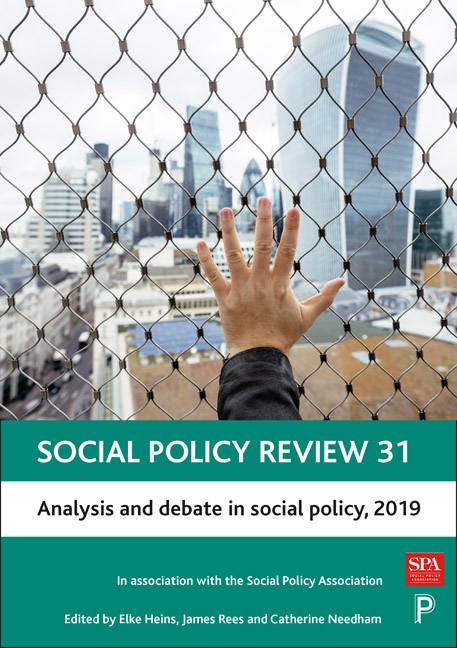7 - Alt-Right ‘cultural purity’, ideology and mainstream social policy discourse: towards a political anthropology of ‘mainstremeist’ ideology
Published online by Cambridge University Press: 30 April 2022
Summary
Introduction
According to a well-rehearsed media trope, the ‘Alt-Right’ (‘alternative right’) burst into a shocked public consciousness in the run-up to the 2016 US presidential election (Caldwell, 2016; Collins, 2016). Curiously, this phenomenon materialised in media consciousness as a nebulous interconnectivity of white supremacists incubated in the obscure ‘dark web’ before spreading into the minds of poorly educated people via the unfiltered medium of the mainstream Internet (Cook, 2016; Caldwell, 2016). This definition was rapidly deployed by presidential candidate Hillary Clinton to attack Donald Trump's supporters as a ‘paranoid fringe’ (Ohlheiser and Dewey, 2016). Explaining the ability of this racist ‘fringe’ to somehow capture the White House similarly defaulted to the deeply classist, technophobic and socially convenient narrative of uneducated poor people exposed to bad ideas on the Internet (Ember, 2016; Weigel, 2016; Marwick and Lewis, 2017; Bartlett, 2018; Daniels, 2018).
A series of books and articles exploring the Alt-Right have been published since 2016. Perhaps due to the different publication timelines involved in academic output, this material is primarily journalistic. This literature provides detailed empirical data critical to understanding the underpinning social networks of the Alt-Right. However, intensive media focus on young, working-class – usually American – white supremacists (Neiwert, 2017) sharing extremist material over the Internet (Nagel, 2017) masks incidences of closely related racist, conspiracist (ie belief in/promotion of conspiracy theories), misogynist and ‘anti-elitist’ ideology in wider, often middle-class, mainstream media, politics and social policy discourse (Mondon and Winter, 2018). This mainstream extremism – or, as we will call it, ‘mainstremeism’ – is often couched in terms of ‘refreshingly un-politically correct’ hard truths (see Harris, 2015). This article problematises current narratives surrounding the ‘Alt-Right’. We then draw on the work of anthropologist Mary Douglas – who argues that ideologies of purity, impurity and purge recur in numerous cultures, helping to mask social inequalities, shore up group identity and legitimise and rationalise access to group resources (Douglas, 2003) – and Antonio Gramsci's insights about the role of ‘organic intellectuals’ to contribute to ongoing national and international ‘Alt-Right’ debates by presenting an interdisciplinary, political-anthropological understanding of ‘mainstremeist’ belief and action. This approach highlights the links between ‘fringe’ and ‘centre’.
- Type
- Chapter
- Information
- Social Policy Review 31Analysis and Debate in Social Policy, 2019, pp. 151 - 176Publisher: Bristol University PressPrint publication year: 2019
- 1
- Cited by



